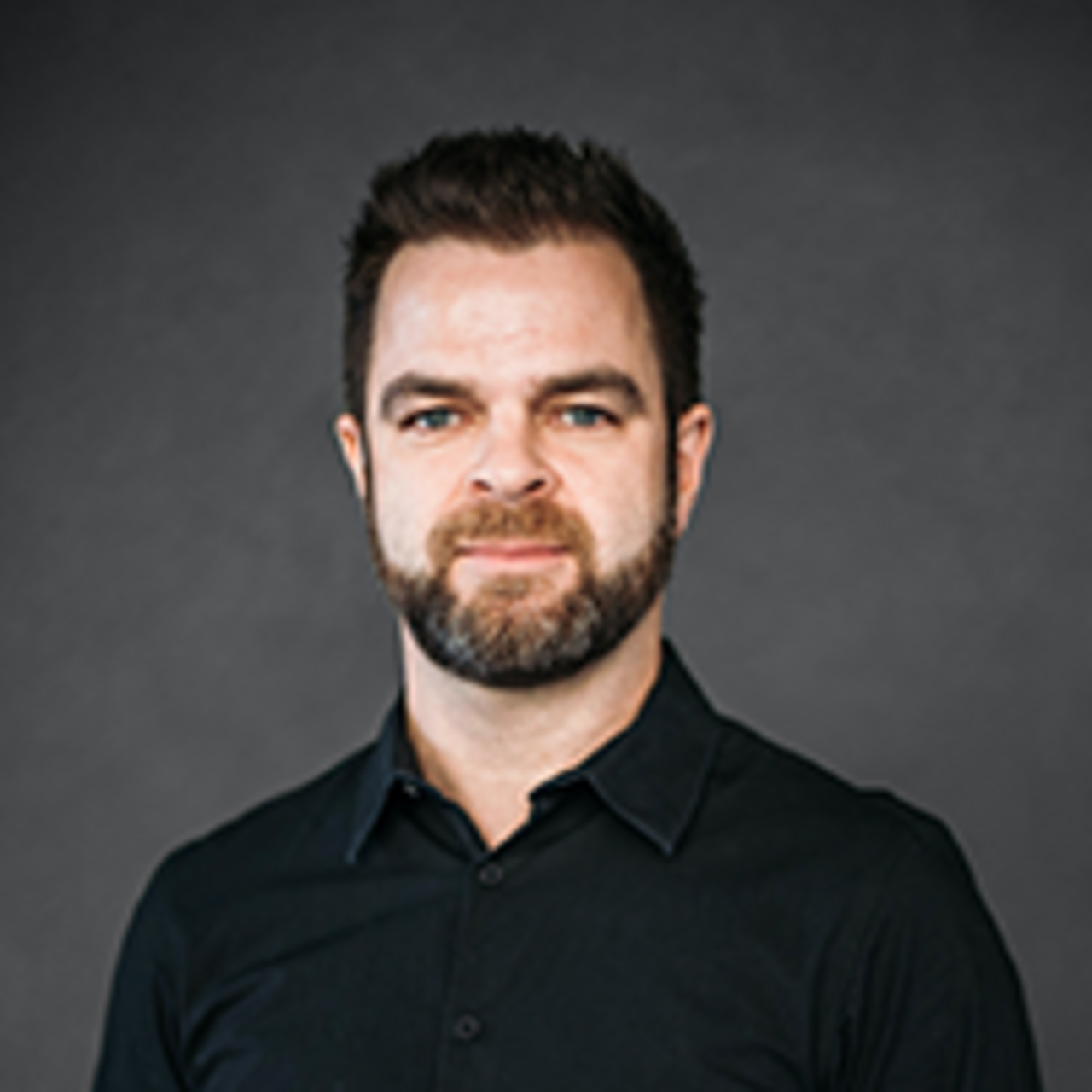“Boosting expertise through cooperation”
Jean de Sauvage, visiting researcher in geotechnology at Cambridge University
A researcher and engineer at the Geotechnical engineering, Environment, Natural hazards and Earth sciences Department (GERS) and specialist in soil mechanics, Jean de Sauvage studies the foundations, embankments and backfills of civil engineering facilities. In 2019 and 2020, via the international mobility programme, he travelled to the Schofield Centre at Cambridge University. “As a visiting researcher, I worked on the centrifuge modelling of geothermal foundations on a reduced scale”, he tells us. “In order to carry out this experiment, we attached heat exchanger tubes to the reinforcement cages of foundations, to avoid digging wells to capture ground heat.” The aim of this research was to determine, in this type of installation, if the thermal role of foundation piles can disrupt their mechanical role. “We are trying to develop geothermal installations which are less costly, emit less CO2 and require less concrete in their construction, in order to gain more from the benefits of geothermics and locally-produced, non-intermittent renewable energy.” The results of the studies the researcher contributed to will be published in September 2021.
The Schofield Centre provided Jean de Sauvage with his first international research experience. “Thanks to this exchange, we improved the structure of our cooperation with Cambridge University around our joint research topics in geothermics. It also boosted the expertise of my team in Nantes in these fields”, he concludes.
“The opportunity to build an international working network”
Herrie Schalekamp, visiting researcher in urban mobility at Université Gustave Eiffel


